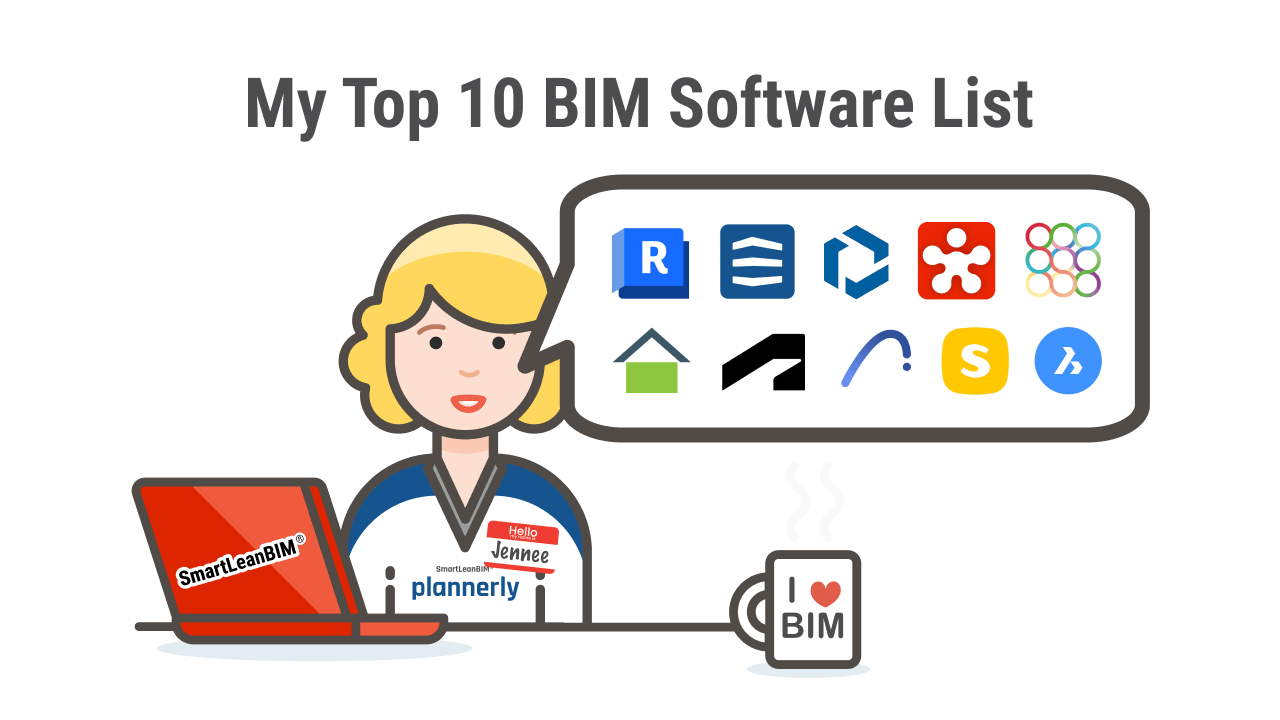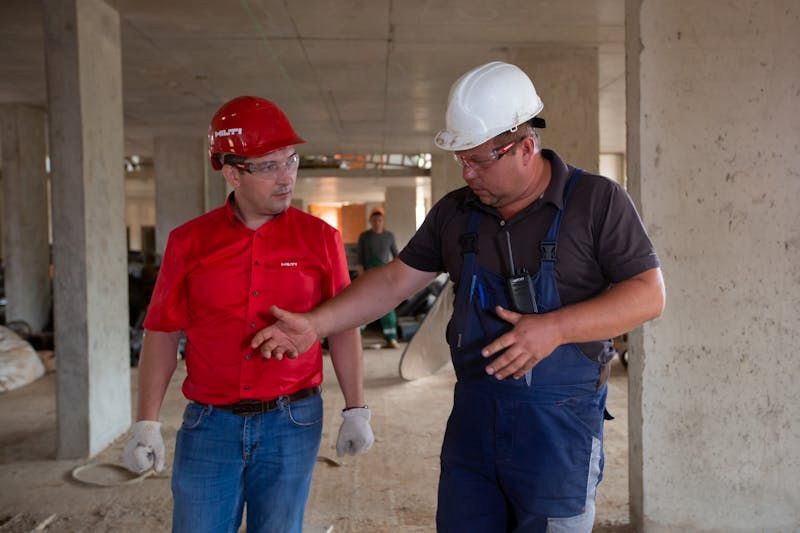
The global BIM software market is projected to touch 23.95 billion by 2027, with a CAGR of 16.33%. The embrace of digital fluency in the contemporary building cycle has been one of the emphases made in the construction cycle.
The work of a construction manager has changed radically. Managing schedules and budgets is no longer enough. Today’s managers must navigate complex digital environments, resolve design challenges, drive sustainability initiatives, and ensure seamless collaboration across diverse, multidisciplinary teams.
In the modern world, projects have become larger and more complex, and to keep up with the times, professionals find it worth using BIM construction management courses.
BIM, or Building Information Modeling, revolutionises planning, designing and construction. Whether a student is new to the field or an experienced expert, taking up BIM course programs will be the smartest career decision to make and an essential measure.
What is BIM in Construction Management?
BIM (Building Information Modeling) is a technologically oriented procedure that enables experts to construct, control, and trade in computer-made images of the physical and functional features of a building. Contrary to conventional 2D drawing, BIM incorporates all the development features, including geometry, time, cost, and sustainability, in the same model.
For construction managers, this means:
- Improved Project Planning: 4D (time) and 5D (cost) BIM simulations in a BIM model allow construction managers to predict possible delays better, optimize project schedules, and manage budgets more closely to reality.
- Clash Detection: Managers have access to sophisticated software applications such as Autodesk Navisworks that allow them to identify and fix clashes in the design, i.e., HVAC, structural, or MEP clashes, before the start of the construction.
- Data-Driven Collaboration: The BIM platforms allow data sharing in real time between all the stakeholders, including architects and contractors, so that everyone is up to date on the latest model.
- Lifecycle Management: BIM helps manage the project's whole lifecycle, including the construction, conceptual design, maintenance and facility operation. Construction managers will have a full view that enables assets, risk management and, not efficiently.
- Reduced Rework: 3D visualization and modelling. Best-precision tools enable increases in fixing design errors before ground is broken. This minimizes the chances of errors and rework in the field, thus saving time, labour, and project costs..
BIM technology in construction management enables teams to work quicker, smarter, and more efficiently, confining it as an imperative technology in the "working pocket" of construction/management professionals at the helm of contemporary infrastructure and building projects.
5 Top BIM Construction Management Courses in USA
It makes little difference whether you are new or want to upgrade yourself to be able to pursue a career in leadership, because the only way to remain relevant in an industry that changes now and then is to choose the right BIM construction management course.
1. BIM Professional Course For Civil Engineers by Novatr
- Duration: 7 months
- Fees: $2,500
- Mode: Online
- Certification: Autodesk & NSDC
Ranked among the best BIM construction management courses, Novatr’s flagship program is designed specifically for construction managers and civil engineers. The course offers hands-on training in over 10 industry-leading BIM tools, including Autodesk Revit for modeling, Navisworks for clash detection, BIM 360 for cloud-based collaboration, Dynamo for visual programming, and several others essential for modern construction workflows.
What sets this program apart:
- ISO-standard workflows
- Mentor-coordinated live sessions and projects
- Portfolio development to be job-ready
- Training and direction towards career placement
Up to a 60% salary increase has been reported after graduating from Novatr, making this one of the most ROI-oriented construction manager courses on digital upskilling.
2. Building Information Modeling Certificate Program – Arizona State University

- Duration: 3–6 months
- Mode: Online
- Fees: $1500
- Certification: University-issued
This flexible program is ideal for working professionals looking for online construction management courses with a practical BIM component. Participants use SketchUp, Revit, and Navisworks to build site models, conduct clash detections, and produce efficient project workflows.
If you're looking to apply BIM directly in fieldwork and project planning, this is one of the most industry-relevant BIM project planning courses for managers.
3. Certificate in BIM – RICS Academy

- Duration: 90 hours
- Fees: $2,201.84
- Mode: Online
- Certification: RICS Certified
This globally recognised program focuses on the strategic and managerial side of BIM. Learn how to create BIM Execution Plans (BEPs), define Exchange Information Requirements (EIRs), and align project workflows with ISO 19650 standards.
Perfect for professionals looking to step into BIM leadership roles, this certified construction manager course is highly recommended for those managing multi-disciplinary teams and large infrastructure projects.
4. Revit Basics Training Course – University of Houston

- Duration: 3 months
- Fees: $1,595
- Mode: Online
- Certification: University Certificate
Ideal for beginners, this program focuses on Autodesk Revit and teaches how to build accurate 3D models for construction documentation. You'll learn how to model walls, ceilings, stairs, roofs, and floor plans, plus how to extract 2D drawings from your designs.
If you're starting your BIM journey or exploring construction design management courses, this is a valuable foundation and could be considered the best construction manager course at the beginner level.
5. BIM Certificate Program – Virtual Design & Construction Institute (VDCI)

- Duration: 8 months
- Fees: $5,510
- Mode: Online
- Certification: VDCI Certified
A strong choice for professionals wanting to dive deeper into project-based learning, VDCI’s course teaches you to create 3D commercial building models, generate detailed construction documents, and specialise in tools like Revit MEP, AutoCAD, or Revit Structure.
If you're aiming for mid-to-senior roles in digital delivery or field coordination, this is among the best construction project management courses in the USA.
Job Prospects After Completing BIM Construction Management Courses in the USA
BIM expertise is becoming a standard requirement in job descriptions across construction firms, architectural studios, engineering consultancies, and public infrastructure agencies. Completing a certified BIM training for construction management helps you are position for top-tier BIM job roles such as:
|
Job Role |
Average Salary (USD) |
|
BIM Manager |
|
|
BIM Specialist |
|
|
Construction Project Manager |
|
|
BIM Architect |
|
|
3D Visualization Specialist |
|
|
BIM Technician |
Moreover, these building and construction management courses open doors to global job markets, especially in the USA, UK, Canada, and Australia.
In Conclusion
The future of construction management lies in data-driven collaboration, model-based execution, and intelligent planning, all enabled by BIM. As technology continues to shape the industry, professionals must evolve with it.
Choosing from the best BIM courses for construction managers in the USA not only boosts your technical skills but also enhances your leadership capacity, employability, and salary potential. Whether you’re looking for AGC construction project manager courses, advanced Revit training, or full-scope BIM certifications, there’s a course tailored for your needs.
For those seeking a career-defining upgrade, Novatr’s Building Information Modeling (BIM) Professional Course for Civil Engineers is a clear standout. With an in-depth curriculum, live expert-led sessions, hands-on training across multiple BIM tools, and dedicated career support, it equips professionals to lead the future of construction.
Visit Novatr and explore the resource page for expert insights and step-by-step guidance on becoming a digital construction leader.
Was this content helpful to you



.jpg)







